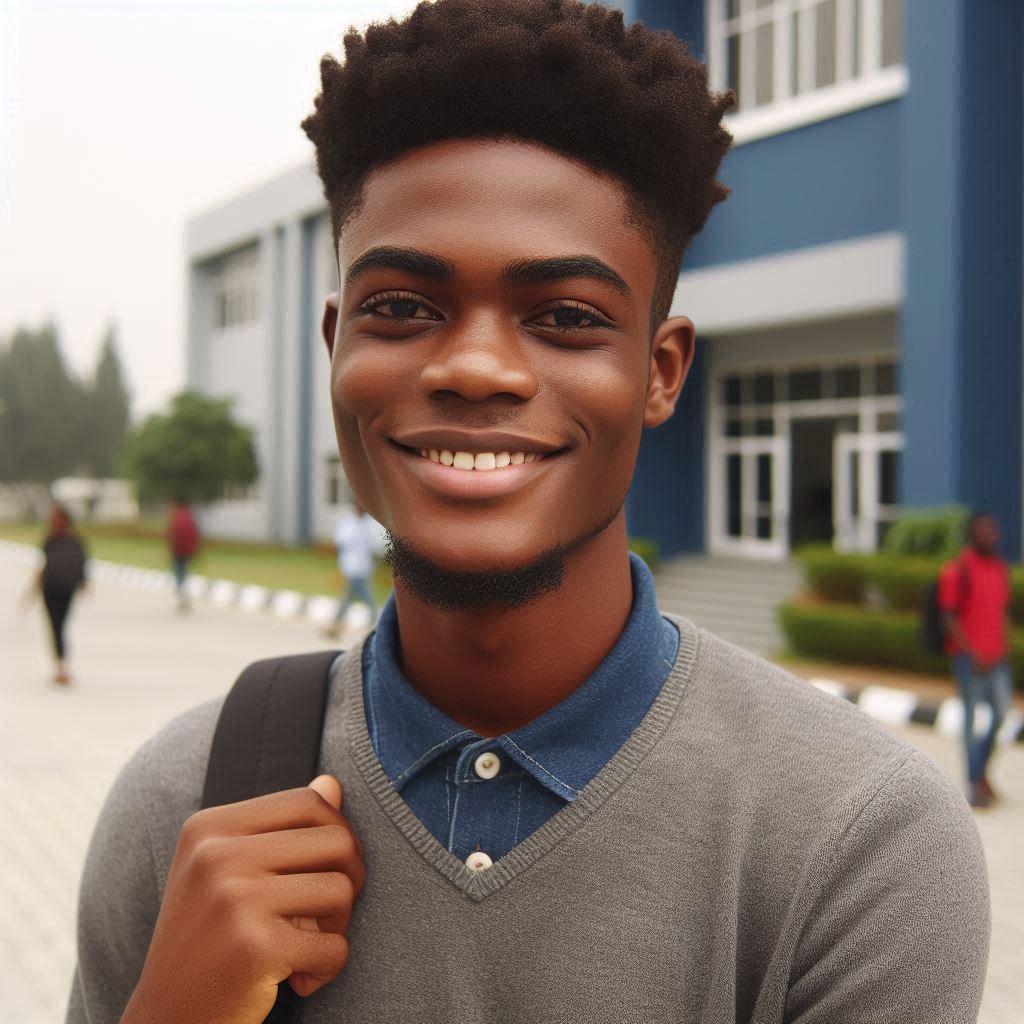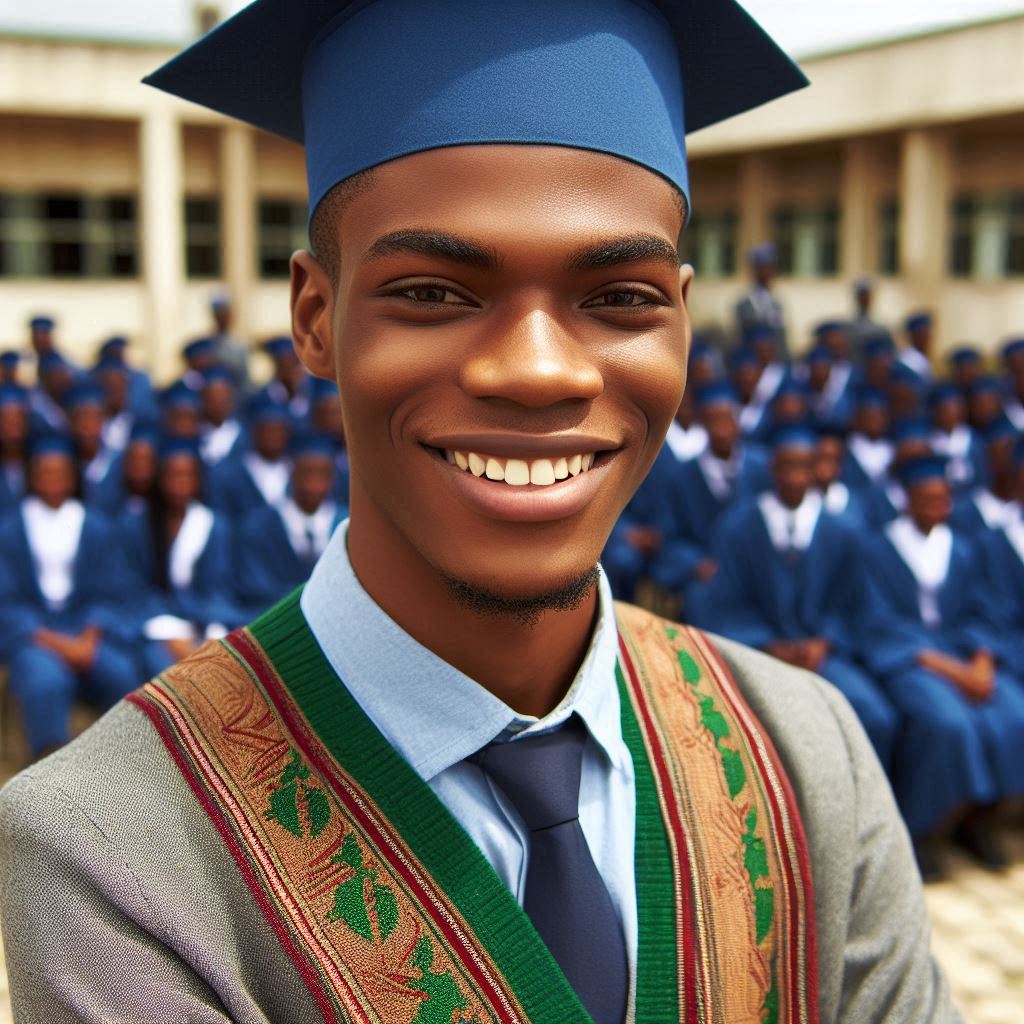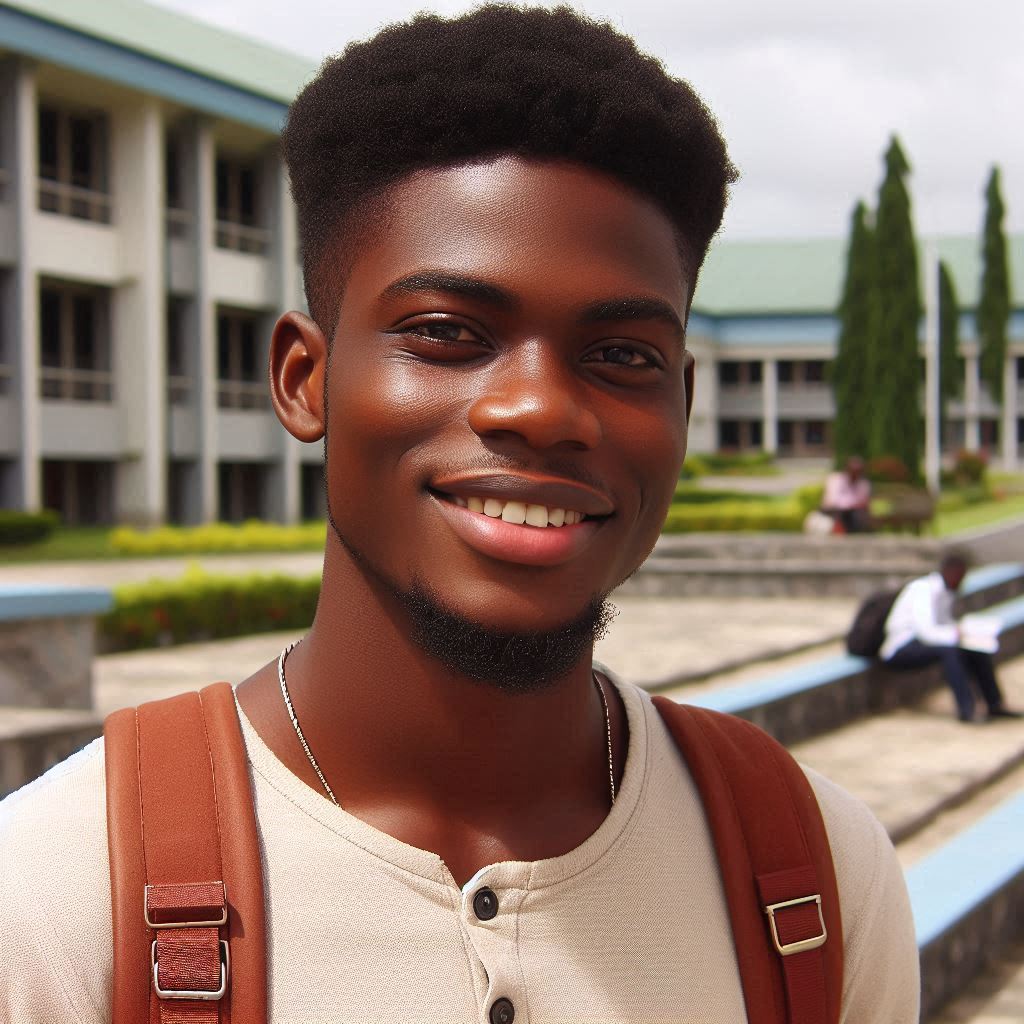Introduction
Special Education Programs: In Nigeria, as in many parts of the world, special education plays a crucial role in providing tailored learning experiences for individuals with diverse learning needs.
Special education refers to the individualized educational services designed to meet the unique needs of students with disabilities or exceptionalities that may affect their learning, such as intellectual disabilities, physical impairments, sensory impairments, or developmental delays.
The programs are pivotal in Nigeria due to their role in promoting inclusivity and equity in education.
These programs ensure that all children, regardless of their abilities, have access to quality education tailored to their specific needs.
By providing specialized instruction, therapies, and support services, special education helps students develop essential skills, gain independence, and maximize their potential.
Historically, Nigeria’s approach to special education has evolved significantly over the years.
Initially, there was limited awareness and infrastructure to support students with disabilities.
However, with increasing recognition of the rights of individuals with disabilities and the importance of inclusive education, Nigeria has made strides in improving its special education programs.
In subsequent sections, we will explore specific examples of notable Nigerian special education programs, highlighting their impact and contributions to the educational landscape.
Overview of Notable Nigerian Special Education Programs
Special education in Nigeria has seen significant development over the years, with several notable programs aimed at enhancing the lives and educational outcomes of children with disabilities.
These programs are crucial in addressing the diverse needs of special needs students across the country.
Key Special Education Programs in Nigeria
- Federal Government Special Education Centers: Established by the federal government, these centers are dedicated to providing specialized education and support services to children with disabilities. They are spread across various states and cater to different disabilities such as visual impairment, hearing impairment, and intellectual disabilities.
- Inclusive Education Initiatives: Several NGOs and community-based organizations promote inclusive education in Nigeria. These initiatives aim to integrate children with disabilities into mainstream schools, providing them with necessary support services and accommodations.
- State-Sponsored Special Schools: Many states in Nigeria have established special schools that focus on specific disabilities. These schools offer tailored educational programs and therapies to meet the unique needs of their students.
Goals and Objectives
The primary goal of these programs is to ensure that children with disabilities have access to quality education and support services that facilitate their overall development. Objectives include:
- Providing specialized teaching methods and resources.
- Promoting inclusive practices within schools and communities.
- Enhancing social integration and improving life skills.
Funding and Management
Funding for these programs comes from various sources, including government budgets, international aid, and private donations.
The federal government allocates funds to federal special education centers, while state-sponsored schools rely on state budgets and partnerships with NGOs.
Management of these programs involves collaboration between government agencies, NGOs, and community stakeholders.
Each program is typically overseen by a board or committee responsible for policy implementation, resource allocation, and monitoring of outcomes.
In short, Nigeria’s special education programs play a vital role in fostering inclusive and supportive environments for children with disabilities.
By addressing their educational needs comprehensively, these programs contribute to the broader goal of ensuring equal opportunities and empowerment for all Nigerian children, regardless of their abilities.
Read: Physics Education vs. Engineering: Key Differences
Case Studies of Successful Special Education Programs in Nigeria
In the realm of special education in Nigeria, remarkable strides have been made in transforming the lives of students with disabilities.
Through targeted programs and dedicated educators, these initiatives have not only provided education but also fostered environments where students thrive and succeed against all odds.
Impactful Success Stories
Maryam’s Journey
Maryam, diagnosed with autism at a young age, found her path through the inclusive education program at XYZ School in Lagos.
Initially non-verbal, Maryam gradually developed communication skills with the help of specialized teachers and therapists.
Today, she excels in arts and mathematics, showcasing her talents in school exhibitions and competitions.
Her mother, Fatima, shares, “The progress Maryam has made is beyond what we imagined possible. She’s not just learning; she’s flourishing.”
Ahmed’s Triumph
Ahmed, born with cerebral palsy, faced numerous challenges accessing education until he enrolled in the ABC Special School in Abuja.
With adapted learning tools and personalized attention from educators trained in special needs, Ahmed has mastered basic literacy and numeracy skills.
His father, Ibrahim, proudly states, “ABC School has empowered Ahmed to explore his potential.
He now dreams of becoming a computer engineer—a dream we never thought feasible.”
Testimonials of Impact
Educators like Mrs. Adeola, who heads the special education unit at XYZ School, emphasize the holistic approach to learning.
“Our focus is not just on academics but also on building confidence and independence in our students.
Every milestone achieved, no matter how small, is a victory for us all.”
Parents echo this sentiment, expressing gratitude for the support networks established by these programs.
Mrs. Okonkwo, whose son Chidi attends a special needs center in Port Harcourt, shares, “Seeing Chidi welcomed and valued for who he is has changed our family dynamic.
These programs aren’t just about education; they’re about inclusion and acceptance.”
The success stories emerging from Nigerian special education programs exemplify the transformative power of tailored education and inclusive environments.
They underscore the importance of continued investment in these initiatives to ensure every child, regardless of ability, has the opportunity to learn, grow, and contribute meaningfully to society.
As Nigeria progresses in its commitment to inclusive education, these narratives serve as beacons of hope and inspiration for future generations of students with disabilities.
Read: Key Challenges in Nigerian Special Education
Challenges Facing Special Education Programs in Nigeria
Special education programs in Nigeria face several challenges that hinder their effectiveness in providing quality education to children with disabilities.
Transform Your Career with Expert Guidance
Get personalized mentorship consulting that’s tailored to your unique path. Our expert advice is actionable and exclusive.
Get StartedThese challenges have a significant impact on the overall success of these programs and the well-being of the students they serve.
Some of the common challenges faced by special education programs in Nigeria include:
Lack of Adequate Funding
One of the major challenges facing special education programs in Nigeria is the lack of adequate funding.
This can lead to a shortage of resources, including specialized equipment, materials, and trained professionals.
Insufficient Infrastructure
Another challenge is the inadequate infrastructure in many special education schools in Nigeria.
This includes lack of proper facilities, classrooms, playgrounds, and accessibility for students with disabilities.
Limited Teacher Training
Special education teachers in Nigeria often lack the necessary training and qualifications to effectively support students with diverse needs.
This can result in ineffective teaching methods and poor outcomes for students.
Stigma and Discrimination
Children with disabilities in Nigeria often face stigma and discrimination, which can impact their self-esteem and academic performance.
This societal attitude can also affect the quality of education they receive in special education programs.
Possible Solutions to Address These Challenges
Despite the numerous challenges facing special education programs in Nigeria, there are several strategies that can be implemented to improve the situation and enhance the quality of education for children with disabilities.
Some possible solutions include:
Increased Government Funding
The government should allocate more funds to special education programs to ensure they have adequate resources to support the needs of students with disabilities.
This can help improve the quality of education and overall outcomes for these students.
Infrastructure Development
Efforts should be made to improve the infrastructure of special education schools by providing modern facilities, accessible classrooms, and safe environments for students.
This can create a conducive learning environment for children with disabilities.
Professional Development for Teachers
Special education teachers should receive ongoing training and professional development to enhance their skills and knowledge in supporting students with disabilities.
This can lead to improved teaching practices and better outcomes for students.
Awareness and Sensitization
There is a need for increased awareness and sensitization campaigns to address stigma and discrimination against children with disabilities in Nigeria.
This can help create a more inclusive society and promote acceptance and understanding of diversity.
In essence, the challenges facing special education programs in Nigeria are significant, but with the right strategies and interventions, it is possible to overcome these obstacles and provide quality education to children with disabilities.
By addressing funding issues, improving infrastructure, enhancing teacher training, and promoting awareness and inclusion, we can create a more inclusive and supportive environment for all students in Nigeria.
Read: Role of Physics Education in Nigeria’s STEM Goals

Collaboration and Partnerships in Special Education
Collaboration stands as the cornerstone of progress in special education, particularly in Nigeria where challenges and opportunities intersect with the goal of inclusive education for all.
Government agencies, non-profit organizations, and educational institutions have forged pivotal partnerships to enhance special education programs across the country.
Importance of Collaboration
In Nigeria, collaboration among stakeholders is crucial for overcoming resource limitations and addressing diverse needs in special education.
Government agencies provide policy frameworks and funding, while non-profits bring specialized expertise and community outreach.
Educational institutions contribute research, training, and direct service provision.
Together, they create a comprehensive support system that ensures no child is left behind.
Successful Partnerships
One standout partnership is between the Ministry of Education and various NGOs like the Special Needs Education Foundation (SNEF).
This collaboration has led to policy reforms and the establishment of inclusive classrooms in several states.
SNEF’s advocacy coupled with government backing has resulted in increased awareness and better educational opportunities for children with disabilities.
Best Practices in Collaboration
In Lagos State, the collaboration between public schools and the Down Syndrome Foundation Nigeria exemplifies best practices.
The foundation provides teacher training, parent education, and therapy services, enabling schools to cater effectively to students with Down syndrome.
This model emphasizes holistic support, ensuring that children receive not only academic but also social and emotional development.
Another commendable initiative is the partnership between universities and local communities to create accessible learning environments.
Ahmadu Bello University’s collaboration with community-based rehabilitation programs has empowered families with knowledge and skills to support children with disabilities at home and in school.
Collaboration and partnerships in Nigerian special education are catalysts for sustainable change.
By pooling resources, expertise, and efforts, stakeholders amplify their impact and foster inclusive environments where every child can thrive.
As these partnerships continue to evolve, they pave the way for a more equitable educational landscape, demonstrating that collective action is the key to unlocking the full potential of every learner.
Read: How Secretarial Education Boosts Employability
Future Directions for Special Education in Nigeria
Potential Initiatives and Innovations
Implement inclusive education policies for children with disabilities
Establish more special schools in different regions for better access
Provide specialized training for teachers on handling special needs students
Introduce vocational training programs for special education students
Role of Technology in Advancing Special Education Services
Utilize assistive technology devices for students with disabilities
Develop educational apps and software for personalized learning
Offer online resources and virtual classrooms for remote learning
Implement digital platforms for tracking student progress and development
Recommendations for Policymakers, Educators, and Stakeholders
Allocate more funding to support special education initiatives
Encourage collaboration between schools, parents, and support organizations
Conduct regular assessments and evaluations to improve program effectiveness
Promote awareness and advocacy for the rights of children with disabilities
In a nutshell, the future of special education in Nigeria holds great promise with the implementation of innovative initiatives and technologies.
By engaging policymakers, educators, and stakeholders in collaborative efforts, the quality of special education programs can be significantly enhanced to meet the diverse needs of students with disabilities.
It is essential to prioritize inclusive education practices and provide adequate support to create a more inclusive and accessible learning environment for all students in Nigeria.
Through continuous improvement and dedication, the special education sector can thrive and empower individuals with disabilities to achieve their full potential.
Conclusion
This post has explored the landscape of notable Nigerian special education programs, highlighting both the challenges and the remarkable strides made in ensuring inclusive education for students with disabilities.
We began by discussing the foundational principles of inclusive education and its importance in fostering a more equitable society.
Through initiatives like the Inclusive Education Project (IEP) and the Special Education Needs Intervention Program (SENIP), Nigeria has demonstrated a commitment to providing tailored educational opportunities for children with diverse needs.
The blog post delved into specific programs such as the Inclusive Schools Project (ISP) and the Community Based Rehabilitation Program (CBR), which have successfully integrated children with disabilities into mainstream educational settings.
These programs not only focus on academic development but also emphasize social inclusion and empowerment, enabling students to achieve their full potential.
It is evident that the significance of special education programs in Nigeria extends beyond the classroom.
By promoting inclusion, these programs contribute to the overall development of a more tolerant and understanding society. They challenge stereotypes and break down barriers that hinder the progress of individuals with disabilities.
In the end, advocating for the rights of students with disabilities in Nigeria should be a priority for all stakeholders.
By investing in inclusive education and supporting initiatives that promote equal access to quality education, we can create a more inclusive society where every child has the opportunity to thrive.
Together, we can build a future where disability is not a barrier to success, but a part of the diverse tapestry that enriches our communities.




